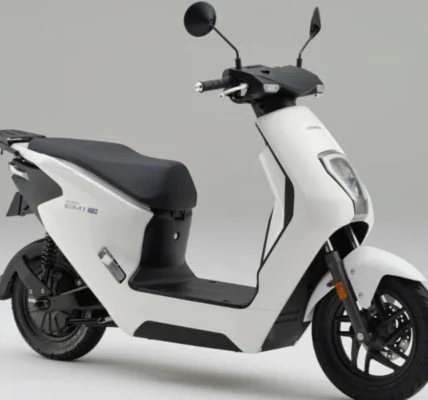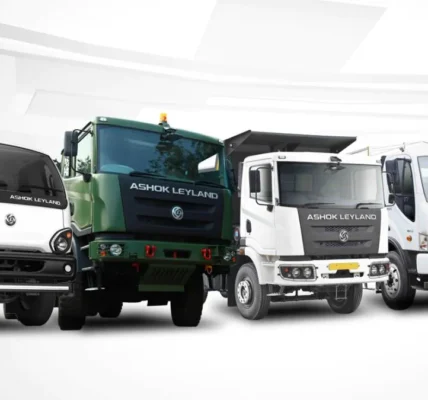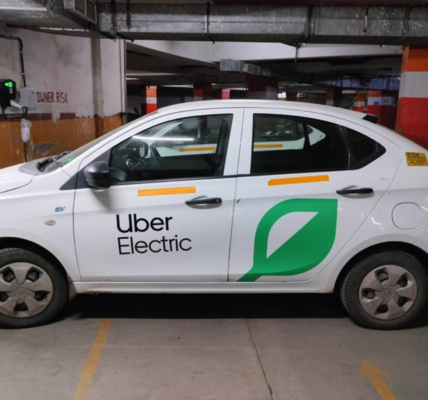The partnership agreement between EV retailer ElectroRide and battery-as-a-service (BaaS) provider Battery Smart will initially see Battery Smart set up 50 swap stations at ElectroRide locations across Delhi and Uttar Pradesh in the first phase.
Subsequent phases of the project will see an expansion of the network, covering further regions which have not been revealed so far in the companies’ statements. The partnership furthers Battery Smart’s goal of giving electric vehicle users access to swap stations within a 1 km radius with zero wait time. The expansion of the battery-swapping network should ensure widespread accessibility and extend the range of the 30,000 vehicles that ElectroRide intends to deploy.
ElectroRide is a subsidiary of Indian industrial giant, Goenka Green, which operates businesses in power and energy, carbon black manufacturing, retail, IT-enabled services, FMCG, media and entertainment, and agriculture. ElectroRide is a multi-brand e-mobility product solutions company which currently offers an array of products, including bicycles, bikes, scooters and three-wheelers.
Just last week, ElectroRide and Goenka Green announced that ElectroRide will be expanding its portfolio into the four-wheeler segment and that the company aims to quadruple its growth in the financial year 2026. So far it is not clear when or if ElectroRide intends to offer its prospective electric cars with battery swapping technology and stations.
Earlier this year, Battery Smart partnered with Quantum Energy, an Indian e-scooter provider that has now switched to Battery Smart power packs. The Battery Smart business model is based on partnerships or partners since a single person can sign up to install and run a battery swapping station with a minimum of ten batteries and a signup fee. Drivers can find the swapping option via an app.
Battery Smart has rapidly scaled to 1000 stations across 30 cities in India. The company says it has completed over 35 million battery swaps. Battery Smart’s Battery-as-a-service (BaaS) model enables electric vehicle users to replace depleted EV batteries with fully charged ones in about 2 minutes.
“We are excited to partner with ElectroRide as they continue strengthening India’s EV infrastructure. With the growing adoption and acceptance of electric vehicles nationwide, it is crucial to expand access to battery-swapping stations. This will enable two and three-wheeler EV users to benefit from the convenience, cost-effectiveness, and efficiency that battery swapping offers,” added Nishant Garg, senior director of expansion at Battery Smart.
Battery swapping has numerous further economic advantages for hosting countries beyond those benefitting both consumers and the companies engaged. Battery swapping can vastly simplify the maintenance and monitoring of battery quality and battery data collection so that these may be reused in further applications, such as stationary storage, and further, that the batteries can be easily collected and recycled when at that point in their life cycle.
On an environmental level, battery swapping makes it easier to ensure that toxic battery chemicals are not disposed of randomly and that battery raw materials enter the circular battery cycle loop, alleviating supply chain and geopolitical stressors for the countries hosting these networks—provided, of course, the host country has second-life reuse mechanisms and recycling facilities.
Battery swapping has taken off in India in a big way with several international enterprises entering the market. German battery-swapping specialist Swabee is engaged in the Indian battery-swapping market, as is Taiwanese battery-swapping giant Gogoro with its Gogoro Network that supports nearly 600,000 riders and has more than 1.3 million batteries in circulation at 12,000 battery-swapping stations at over 2,500 locations, including Taiwan, China, Korea, Latin America, the Philipines in addition to India. From India, Hero and Electric Sun have also joined the fray, among others.
And while ElectroRide is moving beyond the two- and three-wheeler market to soon include electric cars, battery swapping saw fairly early entry in the bus segment when Ashok Leyland presented its first electric bus with battery swap in 2018.







